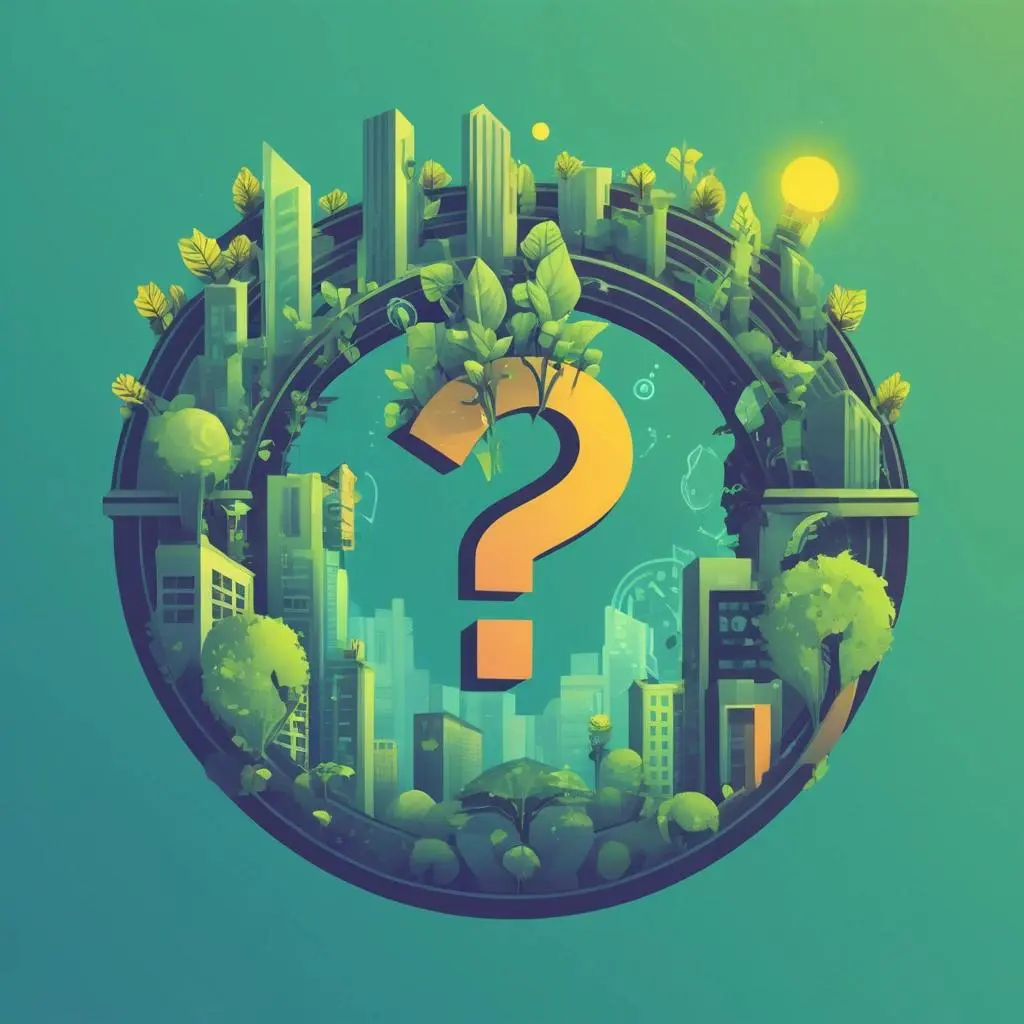
Having a good memory and getting older.
rollin with the homies

Having a good memory and getting older.


First mover advantage works against new housing too.
Like, you as a small retail consumer in your twenties, move to a place that you really can’t afford. You find a way to buy a condo/house/apartment and tie up 90% of your net worth and expenses to that new place. You scrap by on other expenses like transportation and food and clothing, but you find a way to make it work.
Because of supply and demand and no new places being built, the price of your place increases 3x in the next decade even though you didn’t do anything to improve it.
Your net worth increased almost that much (depending on how much you paid down towards principal) and now you can leverage that “home valuation” to borrow against and buy more things. Maybe even use it for a down payment on another condo. But you are going to do it because you are in your 30’s now and tired of living the simple life of a pauper. You need things. You need cash flow. You DESERVE it.
Now you, a small retail consumer, are aligned with big real estate because you don’t want new housing to come in and drive down the net worth that you borrowed against to live a better life. So you would be more susceptible to voting against housing density projects, and you would be outspoken about keeping the “charm” and “character” of your quaint little neighborhood.
Rinse and repeat for 75 years and this is the result.


One thing that I am thinking that the article doesn’t really touch on, is how clothing will need to adapt to a warming world.
Ideally, we would line sidewalks with trees for shade, or build canopies. With public drinking fountains along the way.
But there are some places so hot that adding misting sprays would benefit walkers. Every 100 yards or so, have mist sprayers to cool people down.
That would require society to adapt what is acceptable to wear in formal, or upscale, or professional situations.
I have never seen these before just now, but if I had them on my house, I would hang viney plants in baskets from them and let it grow in such a manner that it creates a canopy.

Only one peer, can you guys seed?


Nothing as nice as
Gnome on a retina
10 year old MacBook.


Great catch. It seems that since the last time I’ve turned off email subscriptions, they’ve added three more at the bottom: Drive, Pass, and VPN to individually deselect. So it’s opt-in until I manually opt out. Additionally, this is inaccessible from the mobile or desktop app and I’m not sure it will turn off the top right advertising banner that shows up sometimes.


Will this make them stop spamming me for likes and referrals even though I’m a paying customer? Maybe they can even offer me that 6TB storage tier that I’ve been willing to pay for but only happens to people who spread the gospel and bring in referrals.
The tone around this company is too preachy and evangelical compared to other paid services.


I mean it makes sense. Just go look at all the soot that collects on the leaves beside a major road. That’s stuff that isn’t entering your lungs. More vegetation means more filtration.


We have used an online school since COVID and it has resulted in flexibility, open mindedness, continuity, and opportunities that were not possible in other schools. We’ve seen our kids are above the fray on the playground, and better capable of resolving conflict. They are natural leaders. The school is platform agnostic, so the kids have an iPad and a Debian laptop and go to work.
Public schools: There is no Mandarin locally. The teachers locally are underpaid due to the political system, and it resulted in a brain drain of teachers. The local school board is in a culture war, and spends whatever money they have to fund studies on why books need to be banned. The other private schools are all Christian and still hit their kids as punishment. None of that.


In the US: Big franchise / chain -> never ever tip. The employees are disposable and I’m not going to reward a system that makes billions while paying nothing to its employees. I’m not worried about them holding a grudge or whatever because they already can’t remember me from one visit to the next, it’s so impersonal and unfriendly anyway. The kids behind any counter never remember me. Even when I still gave a fuck and tipped and was cordial, they never remembered me. I guess we all look the same.
But also over the past few years I’ve been to fewer and fewer large franchises and they’ve gotten more and more aggressive.
Small restaurant -> I always tip. I grew up as an immigrant in an immigrant restaurant so I relate to these people. They also remember me, my family, and engage in small talk, ask how my parents are doing, etc.
Overseas: Restaurants/stores: never. (they almost never ask for a tip but it’s starting to become common in the UK). But always carry cash on the streets because there’s always somebody who needs it.
Because they know they won’t get caught or punished.